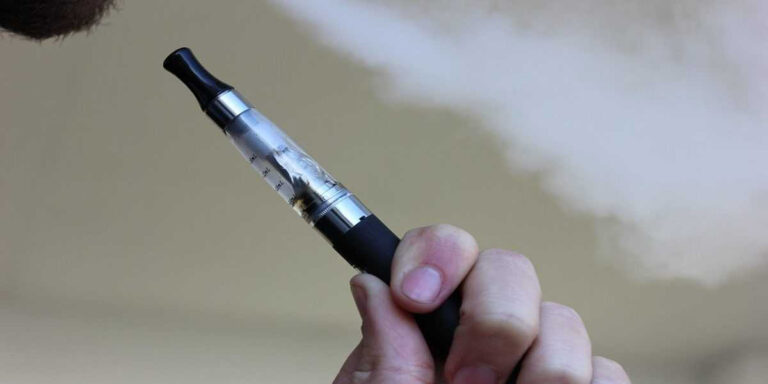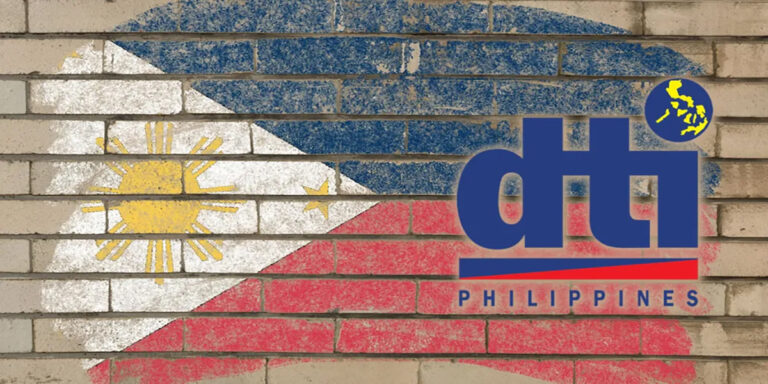On August 6, Heru Budi Hartono, the Acting Governor of the Jakarta Special Capital Region, announced that the Jakarta provincial government is contemplating revoking the Jakarta Smart Card (KJP) and the Jakarta Excellent Student Card (KJMU) for students found smoking or using e-cigarettes. This proposed policy aims to ensure that government-funded social assistance programs are used appropriately and to address public health concerns regarding tobacco and e-cigarette use among students.
KJP and KJMU
Social Assistance Programs for Students
The Jakarta Smart Card (KJP) and the Jakarta Excellent Student Card (KJMU) are pivotal social assistance programs designed to support students from economically disadvantaged families. These initiatives provide financial aid to help students continue their education, covering expenses such as school fees, books, and other educational needs.
Proposed Policy Changes
Under the proposed policy, students caught smoking or using e-cigarettes could face the revocation of their KJP and KJMU benefits. This move is intended to discourage tobacco and e-cigarette use among students and ensure that government funds are not misused.
Public Health Concerns
Health Risks of E-Cigarettes and Tobacco
In an interview on August 6, Hartono emphasized that there is no difference between e-cigarettes and regular cigarettes in terms of health risks. He highlighted that e-cigarettes can be more dangerous than traditional cigarettes due to the potential for adulteration with harmful substances. The policy aims to protect students from these health risks and encourage healthier behaviors.
Parental Awareness and Responsibility
Hartono also called on parents to be more vigilant about the side effects of e-cigarettes and to educate their children about the dangers of smoking. By involving parents in this initiative, the government hopes to create a more comprehensive approach to tackling tobacco and e-cigarette use among young people.
Regulatory Context
Government Regulation No. 28 of 2024
On July 26, President Joko Widodo approved Government Regulation No. 28 of 2024, which raises Indonesia’s minimum smoking age from 18 to 21 and bans the sale of cigarettes and e-cigarettes within 200 meters of schools and playgrounds.
Implications for Retailers and Schools
The regulation will impact retailers by restricting the sale of tobacco products near educational institutions, aiming to reduce accessibility and exposure to cigarettes and e-cigarettes for students. Schools will need to enforce these new rules and work with local authorities to ensure compliance.
Implications for Students and Families
Educational Impact
Revoking KJP and KJMU benefits for students who smoke or use e-cigarettes could have significant educational implications. These students may struggle to afford school-related expenses, potentially jeopardizing their academic progress. It is crucial for the government to balance disciplinary actions with support systems to help students quit smoking without disrupting their education.
Support for Quitting Smoking
To mitigate the potential negative impact on education, the government should consider providing resources and support for students to quit smoking. This could include access to counseling, educational programs about the risks of smoking, and cessation aids.
Equity and Access to Education
The proposed policy raises concerns about equity and access to education. Students from disadvantaged backgrounds who rely on KJP and KJMU for their education might be disproportionately affected. It is essential to ensure that punitive measures do not exacerbate existing inequalities or hinder students’ educational opportunities.
Public Support and Criticism
The proposed policy has elicited mixed reactions from the public and stakeholders. Some support the initiative as a necessary step to protect public health and ensure responsible use of government funds. Others criticize it for potentially penalizing vulnerable students and not addressing the root causes of smoking and e-cigarette use among young people.
Conclusion
Jakarta’s consideration of revoking student aid for tobacco and e-cigarette users reflects the city’s commitment to tackling public health issues related to smoking. While the proposed policy aims to discourage harmful behaviors and ensure proper use of government funds, it also presents challenges that need careful consideration. Balancing disciplinary actions with supportive measures will be crucial to ensure that students’ education is not adversely affected while promoting healthier lifestyles.
FAQs
What are the KJP and KJMU programs?
KJP and KJMU are government-funded social assistance programs designed to help economically disadvantaged students in Jakarta continue their education by covering school fees, books, and other educational expenses.
What is the proposed policy regarding tobacco and e-cigarette use?
The proposed policy would revoke KJP and KJMU benefits for students found smoking or using e-cigarettes to ensure that government funds are not misappropriated and to discourage tobacco use among students.
What are the health risks associated with e-cigarettes?
E-cigarettes can be more dangerous than traditional cigarettes due to the potential for adulteration with harmful substances. Both e-cigarettes and traditional cigarettes pose significant health risks, including addiction and various diseases.
How might the new regulation impact students’ education?
Revoking KJP and KJMU benefits could jeopardize the education of students who rely on these programs to afford school-related expenses. Support systems to help students quit smoking without disrupting their education are essential.
What are the broader implications of Government Regulation No. 28 of 2024?
The regulation raises Indonesia’s minimum smoking age to 21 and bans the sale of cigarettes and e-cigarettes within 200 meters of schools and playgrounds, aiming to reduce smoking rates among young people and protect public health.
How can the government balance disciplinary actions with support for students?
The government should provide resources and support for students to quit smoking, such as counseling, educational programs, and cessation aids, to ensure that disciplinary measures do not negatively impact their education.
References:
- [Jakarta Provincial Government] – Official site for updates and information on policies in Jakarta.
- [Ministry of Health (Indonesia)] – Information on public health initiatives and regulations.
- [Jakarta Smart Card (KJP)] – Information on the Jakarta Smart Card program and its benefits.


















